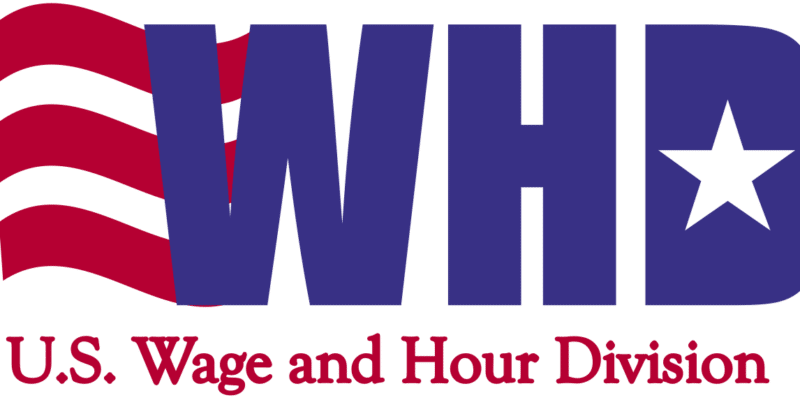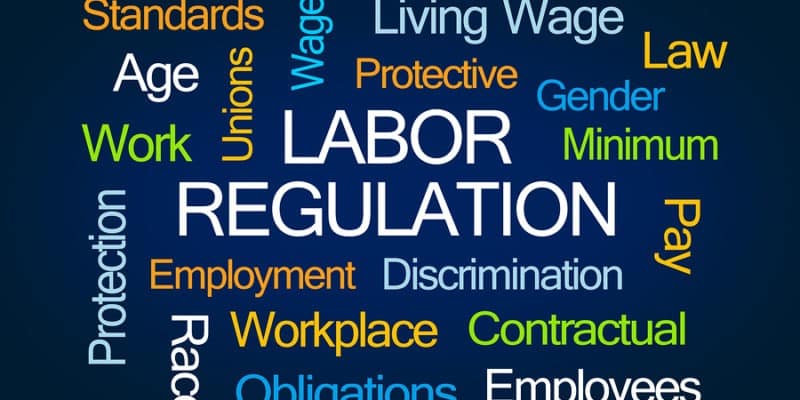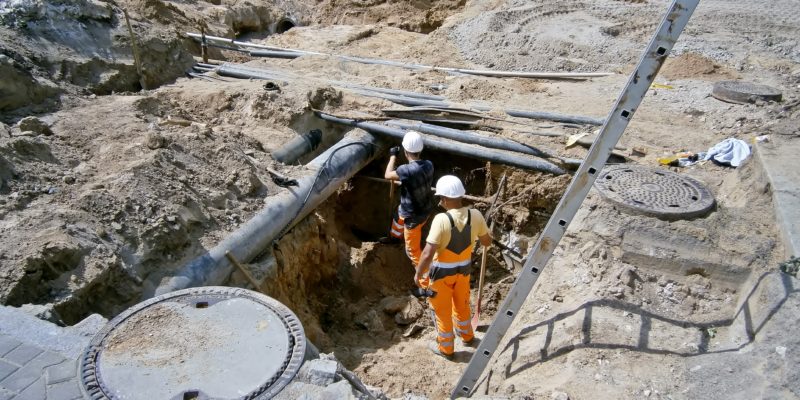Agency: Wage and Hour Division
Date: March 29, 2019
Release Number: 19-0440-NEW
NEW YORK, NY – Tishman Interiors Corp. – the prime contractor for a renovation project at the Federal Reserve Bank of New York – has paid $420,335 in back wages to resolve violations of federal wage laws following a U.S. Department of Labor Wage and Hour Division (WHD) investigation.
WHD found Tishman, which served as the bank’s construction manager on the federally funded project, violated the Davis-Bacon and Related Acts (DBRA), the Contract Work Hours and Safety Standards Act (CWHSSA), and the Copeland Act. The company subcontracted electrical and cable installation work to subcontractors Alan Joel Communications, Crewforce, and Teksystems Management.
Investigators found the bank failed to include DBRA provisions and required wage rates in its contract with Tishman. This omission led to Tishman and the three subcontractors paying their employees at hourly rates lower than the prevailing wages for the work they performed, a DBRA violation. WHD also found all four employers violated the CHWSSA when they failed to pay required prevailing wages for overtime when employees worked more than 40 hours in a workweek. Their failure to prepare and maintain certified payroll records and to sign compliance statements in the payrolls resulted in Copeland Act violations.








